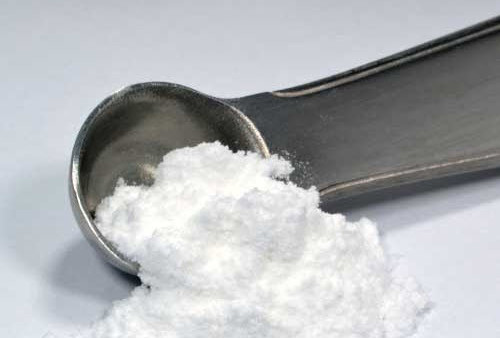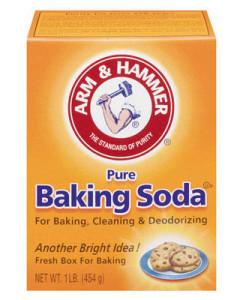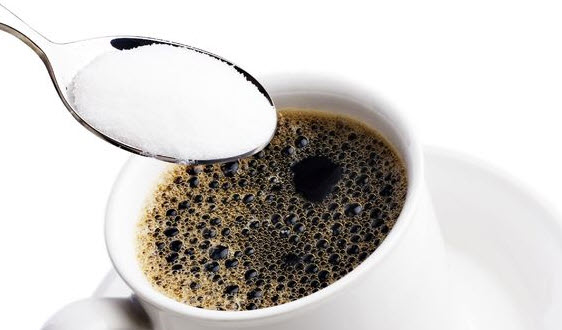Is Arachidonic Acid the New Hit in Bodybuilding?
You might have heard about a recent study which showed athletes who took Arachidonic Acid on a daily basis for a certain period of time gained some pounds of lean body mass. However, does this mean we should all start stocking up on this supplement?
Despite the fact that it has been shown – both in vitro and in human studies – that Arachidonic Acid stimulates growth in muscle cells, it is not a flawless solution. Arachidonic Acid is an essential substance that is naturally used by the organism as a precursor, converted by the cyclooxygenase enzime (the same enzime that is blocked when you take Advil, Aspirin, Tylenol or similar drugs) into many other substances specially under inflammatory conditions, like when you have an infection or get injured.
Some of these substances are Prostaglandins, which in turn are fatty acid-like substances in charge of regulating inflammation. One of the effects of prostaglandins is vasodilation (widening of blood vessels) and as a result, oxygen and nutrients’ flow to the area under its effects are enhanced. This effect is also seen naturally when muscles are contracting. Perhaps this prostaglandin-conditioned increase in blood flow to the muscles is the direct cause of the muscle cell growth.
Nevertheless, constant or above-the-normal body prostaglandins levels might promote a pro-inflammatory state which in turn could cause increased pain-sensitivity, fever or other discomforts, as explained before. Even more: Arachidonic Acid has been correlated with the spread of prostate cancer, although this might be due to its inherent growth stimulant effect, and cancer being a state where growth processes are disturbed.
Where can you find dietary sources of Arachidonic Acid?
Common sources of Arachidonic Acid include meat, fish, some vegetable oils, and nuts, among others.
What should you do, then?
It looks like when taken with moderation in doses up to 2000 mg a day and during short periods of time, Arachidonic Acid suplementation is safe. Remember to always consult your doctor shall any uncommon effects, signs or symptoms appear!
Read more




